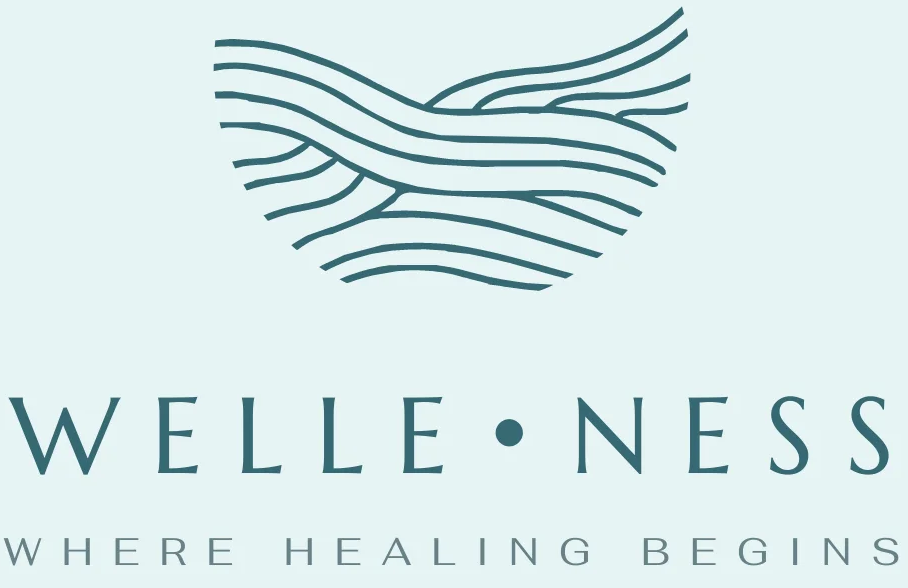“Je t’aime” vs. “I love you” 🇫🇷❤️🇺🇸
In the world of love, every word carries a unique weight, especially when it crosses cultural borders. What “Je t’aime” means to a French person can differ deeply from what “I love you” represents to a New Yorker. The differences go beyond translation; they reflect two perspectives on romantic relationships, shaped by distinct cultural sensibilities and values.
🇫🇷 In France: “Je t’aime” – A more spontaneous, natural declaration
In France, saying “Je t’aime” can be both intense and gentle, expressed in moments of tenderness and connection. It’s often said more spontaneously without necessarily marking a pivotal relationship stage. Love here is seen as a journey, a series of shared moments and emotions, making “Je t’aime” less solemn.
👉 Common variations include:
- “Je t’aime bien”: an expression of affection, usually less formal.
- “Je t’adore”: used among friends, or in early relationships to express affection without the full commitment of “Je t’aime.”
The French tend to see this declaration as something intimate and natural. “Je t’aime” can be said over a morning coffee, during a walk, or even humorously. It’s a way of keeping love alive and making it an everyday part of life.
🇺🇸 In New York: “I love you” – An intense and sincere commitment
In New York, “I love you” is often a symbolic step, almost sacred within a relationship. Saying “I love you” often means that the relationship has become serious and a deep emotional commitment is taking shape. In the U.S., this phrase marks a key moment in a couple’s story, a transition toward a stronger bond.
👉 Here are a few American variations and their nuances:
- “I like you a lot” or “I really like you”: a sincere expression of affection that avoids the stronger emotional commitment.
- “I’m falling for you”: marks the beginning of attachment, though not as final as “I love you.”
For many, saying “I love you” is a step not taken lightly; it often comes after a period of reflection and certainty. Americans tend to take their time before declaring love, and this moment can be remembered as a milestone in their relationship.
Each Has Their Own Love Language 💕
These nuances show how words carry deep cultural values and sensibilities. Whether it’s a “Je t’aime” whispered in Paris or an awaited “I love you” in New York, each phrase has its strength and beauty. It’s proof that love can be universal while remaining profoundly unique.
So, which love language do you resonate with most? 😍
By Cyrielle Augier Retaureau • 🇫🇷 Relationship & Sex Therapist | Expat couples expert I Women empowerment
